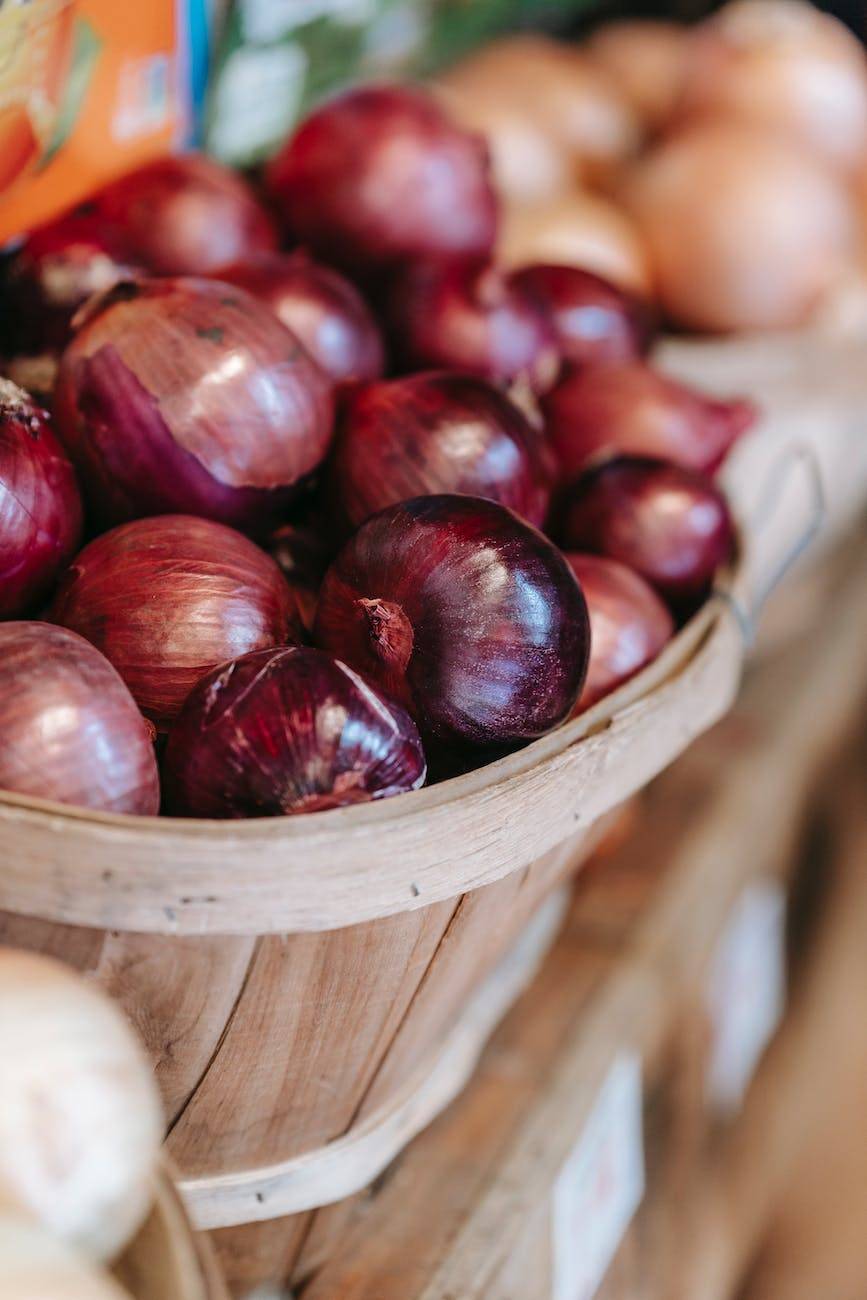Understanding Raw Milk
Before one dives into the world of raw milk, it’s important to understand what raw milk is and what potential health benefits and risks it carries.
What is Raw Milk?
Raw milk is milk that has not undergone pasteurization, a process that heats milk to a specific temperature for a set period of time to kill harmful bacteria that may be present. It’s available for purchase directly from local farms and farmers markets in certain regions of the United States (Real Milk). In some states where it’s legal to sell, you can find raw milk at farms, farmers markets, or even in retail stores (CDC). Another way to obtain raw milk is through herd shares or cow leasing, where individuals buy an ownership interest in a cow or herd and receive a portion of the milk produced (Nutrition Today).
For more information on where to buy raw milk in your area, refer to our raw milk finder or check out our directory of raw milk farms near me.
Health Benefits and Risks
Raw milk enthusiasts often praise the superior taste, nutritional content, and potential health benefits of raw milk. However, it’s important to note that consuming raw milk carries potential risks, as it can be a source of bacterial infections such as E. coli, Salmonella, and Listeria.
These risks can be particularly harmful to individuals with weakened immune systems, the elderly, pregnant women, and children. It’s therefore crucial to be aware of these risks and to consider them when deciding whether or not to consume raw milk. If you’re interested in the potential health benefits of raw milk but are concerned about the risks, consider consulting with a healthcare provider or a nutritionist to make an informed decision.
In the coming sections, we will delve deeper into the legal aspects of raw milk, and guide you through where you can buy raw milk both within the US and internationally. Stay tuned!
Legal Aspects of Raw Milk
Navigating the legal landscape of raw milk can be a complex task due to varied federal and state regulations. Understanding these can help you determine where and how to procure raw milk legally.
US Federal Restrictions
The US Food and Drug Administration (FDA) places stringent restrictions on the interstate sale or distribution of raw milk. According to the federal regulation 21 CFR § 1240.61, any milk or milk product destined for interstate commerce or sold beyond state lines must be pasteurized and meet the standards of the US Pasteurized Milk Ordinance.
This means that raw milk is sold only within the state in which it is produced. Therefore, if you’re wondering ‘where can I buy raw milk near me’, you’re likely to find it only within your own state. Use our raw milk finder to locate a raw milk farm near you.
State-by-State Regulations
While federal laws restrict interstate raw milk sales, states are free to adopt their own laws regarding raw milk sales within their borders. These laws vary widely from state to state. Some states have state-wide laws, while others leave the decision to local governments (source).
In some states, raw milk can be purchased directly from farms or farmers markets where it is legal to sell. There are also states where the sale of raw milk is completely prohibited.
So, if you’re asking ‘where can I buy raw milk’, the answer largely depends on your location. It’s essential to familiarize yourself with the specific laws in your state before deciding to purchase raw milk. Our state-by-state raw milk regulations guide can help you understand the rules in your area.
Purchasing Raw Milk in the US
One of the main concerns when it comes to raw milk is ‘where can I buy raw milk?’. The answer varies depending on state regulations, local availability, and individual preferences. Here, we discuss three common ways to procure raw milk in the US: buying from local farms, participating in herd share programs, and utilizing online directories.
Buying from Local Farms
Due to FDA restrictions, raw milk is sold only within each state in which it is produced. Many local farms sell raw milk either directly from their farm store or through various retail locations. For example, Fond Du Lac Farms in Casa Grande, Arizona has over 25 store locations where raw milk is sold, and raw milk can be purchased at the Farm Store of Wilson Ranch in Heber Springs, Arkansas (Raw Milk Institute).
Buying from local farms not only supports local agriculture but also ensures the freshness of the milk. To find a local farm that sells raw milk, one can use our raw milk finder tool.
Herd Share Programs
Herd share programs are another way to access raw milk. These programs involve buying a share of a cow, goat, or sheep and paying a fee to the farmer to care for the animal and milk it. In return, shareholders receive a portion of the milk produced. For instance, Copeland Family Farms in Grenada, California and Dancing Feathers Farm in Bloomingdale, Michigan provide raw milk through a herd share program (Raw Milk Institute).
Herd share programs allow consumers to gain access to raw milk in states where retail sale is prohibited. They also allow consumers to have a direct connection with their food source. To learn more about herd share programs, visit our buy raw milk page.
Online Directories
Online directories are another useful resource for finding raw milk. These directories list farms, stores, and herd share programs by state or region, making it easy to find a source of raw milk near you.
Our own online raw milk directory is a comprehensive resource for finding local sources of raw milk across the US. Simply select your state to find a list of farms, stores, and programs offering raw milk.
Whether you choose to buy from a local farm, join a herd share program, or use an online directory, it’s important to ensure the quality and safety of the raw milk you purchase. Always buy from reputable sources, ask about the farm’s safety practices, and handle and store the milk properly to maintain its quality and freshness. For more information on raw milk safety, visit our raw milk safety page.
Raw Milk in Canada
For those in Canada wondering “where can I buy raw milk”, the legal landscape can be quite complex. There are strict federal laws governing the sale of raw milk, as well as varying provincial regulations.
Current Legislation
At the federal level, the sale of raw milk for human consumption is illegal across Canada. This is stated explicitly in the Federal Food and Drugs Act, and violators can face penalties that include fines and imprisonment (Raw Milk Policy).
Despite the national prohibition, each province and territory in Canada has its own legislation regarding raw milk. Some provinces, like Quebec, Manitoba, and Newfoundland and Labrador, allow the limited sale of raw milk for pet consumption only, not for human consumption. Violation of these laws can result in fines and other penalties.
In Ontario, raw milk can only be legally obtained directly from a farm. The farmer can only sell it to the individual who owns the cow or shares the cow’s milk through cow-share programs. Selling raw milk through any other means is illegal and punishable by fines and imprisonment (Raw Milk Policy).
In British Columbia, the law is even stricter. The sale of raw milk is strictly prohibited, and violators can face penalties of up to $3,000 or six months imprisonment for a first offense, and up to $50,000 or two years imprisonment for subsequent offenses (Raw Milk Policy).
Future Legal Changes
While the current legislation is quite clear, there is an ongoing debate about the legal status of raw milk in Canada. Advocates argue that raw milk has health benefits that are destroyed by pasteurization, while opponents point to the risk of foodborne illness.
At this time, it’s unclear when or if the laws surrounding raw milk will change. Therefore, Canadians interested in raw milk should stay informed about the current regulations in their specific province or territory.
While the search for where to buy raw milk can be complex, it’s crucial to understand the legal implications to ensure you’re making safe and informed decisions.
International Raw Milk Availability
For those residing outside of the US and Canada, the pursuit of raw milk might involve different regulations and resources. This section focuses on the availability of raw milk in Australia and New Zealand and introduces an online global database for raw milk sources worldwide.
Australia and New Zealand
In countries like Australia and New Zealand, regulations regarding the sale of raw milk vary, ranging from complete bans to allowing it to be sold for human consumption with certain restrictions. As with any location, it’s crucial to understand and adhere to your local regulations when seeking out raw milk.
Despite the regulations, it is still possible to purchase raw milk directly from farmers through on-farm sales or community-supported agriculture programs. Some places also permit the sale of raw milk at farmers’ markets or in retail stores. As always, when exploring options for where to buy raw milk, it’s essential to ensure that the source adheres to safe and ethical farming practices.
Online Global Database
For those seeking comprehensive information on where to find raw milk, online databases can be a valuable resource. The website GetRawMilk.com provides a global raw milk farm and retailer database. This database features 3719 raw milk sources listed in 49 countries worldwide, making it an excellent resource for those wondering ‘where can I buy raw milk’ in their local area or during travels.
In addition to GetRawMilk.com, the Real Milk website offers a directory of places where consumers can purchase raw milk directly from farmers. These resources can make it easier to locate raw dairy near me or organic raw milk near me, regardless of your global location.
In conclusion, while the availability and regulations surrounding raw milk may vary internationally, there are resources and databases available to aid in your search. Always ensure to familiarize yourself with local laws and safety measures before consuming raw milk.
Ensuring Quality of Raw Milk
While raw milk can offer unique taste and nutritional benefits, it’s important to take some precautions when purchasing and consuming it since it’s a product that hasn’t undergone pasteurization.
Important Considerations
Before making the decision to consume raw milk, it’s important to understand the potential risks associated with it. According to Nutrition Today, raw milk can be a source of bacterial infections such as E. coli, Salmonella, and Listeria.
As a potential buyer, you should take into account the following factors:
-
Source: Always purchase raw milk from trusted suppliers such as farms, herd share programs, or reliable online directories. The farm should practice good hygiene, have healthy animals, and be willing to answer your questions.
-
Storage: Raw milk should be kept refrigerated at all times to slow the growth of any possible bacteria. The milk should be stored at a temperature below 40°F (4°C).
-
Appearance & Smell: Fresh raw milk should have a pleasant and sweet smell. Any off-odors or unusual colors could indicate a problem and the milk should not be consumed.
-
Legality: The sale of raw milk is regulated differently around the world and even within the US, state-by-state. Ensure you are aware of the legalities in your area by referring to our section on ‘Legal Aspects of Raw Milk’.
Safety Precautions
If you decide to consume raw milk, taking certain safety precautions can help reduce potential risks:
-
Cleanliness: Make sure the milk is collected in a clean and sanitized container. The container should be sealed properly to avoid any contamination.
-
Prompt Use: Raw milk should be consumed as soon as possible since it has a shorter shelf-life compared to pasteurized milk.
-
Boiling: While it may not eliminate all bacteria, boiling raw milk before consumption can help reduce the risk of bacterial infection.
By being conscious of these considerations and precautions, you can make a more informed decision about whether raw milk is a good fit for your lifestyle and dietary needs. For more information about where to buy raw milk in your area, check out our raw milk finder page.




Leave a Reply